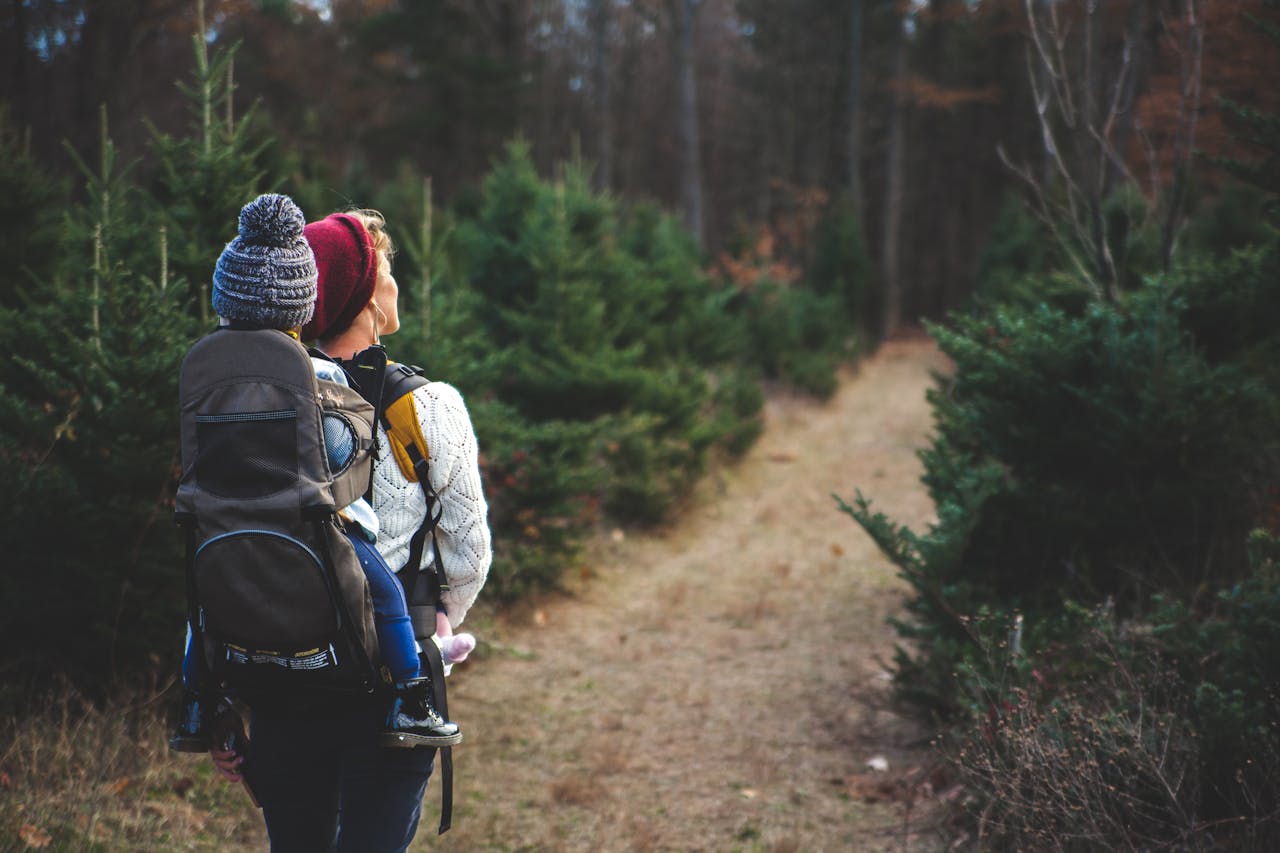
With the seasons changing, many of us are looking forward to more outdoor activities and winter sports. This could be going for a hike to take in the fall foliage or getting ready to hit the slopes. Staying active all year plays an important role in avoiding fall and winter injuries, but we’ve gathered a few tips to help you prepare for outdoor activities in the cooler months of the year.
Create a Fitness Plan to Prevent Injury
If you don’t already have a fitness routine or live an active lifestyle, but want to participate in outdoor activities this fall and winter, it’s time to create a plan that includes a wide variety of exercises. A mix of cardiovascular and strength training can help you get ready for the physical demands of hiking or skiing. If you’re unsure where to begin a mix of workouts like cardio and strength training can help your overall fitness and help prevent injury.
Incorporate Strength Training
To help reduce the risk of injuries incorporating strength training to build muscle can help reduce your risk of injury. A combination of weight-bearing exercises, resistance training and balance training are best for building and maintaining healthy bones and preventing falls and fractures.
Resistance training (weight lifting) adds resistance to your movements to make muscles work harder and become stronger. Adding resistance training to your routine puts stress on your bones and in turn can make your bones stronger as well.
Work on Your Flexibility
You can help improve your flexibility through yoga or pilates. This is a key factor in helping to prevent muscle strains and joint injuries! Stretching can be particularly beneficial for outdoor activities like skiing, where a wide range of motion is needed for maneuvering on the slopes.
Prevent Injury With a Warm-up and Cool-down
Taking the time to run through a warm-up before your physical activity can help prevent injuries in the long run. A good warm-up will get your blood flowing, raise muscle temperature, and increase your heart rate.
Cooling down after your activity can also bring your heart rate down and help alleviate muscle soreness and stiffness. Try some gentle stretching and go for a short walk after a long day on the slopes to help you cool down and minimize your sore muscles the next day.
Stay Hydrated and Eat a Balanced Diet
Even though the temps outside are cooling off if you aren’t properly hydrated you could be at risk for dehydrating. It is important to pack water with you during your hike or other activities. You should also be taking multiple water breaks during your activities. Consider supplementing with electrolytes as well as rest after a long day of hiking or skiing.
Proper nutrition is needed for your body to have the energy to perform during your outdoor adventures and your overall health. Eating the right combination of fuel (calories) from carbohydrates, proteins, and fats will give you energy for top performance.
Being able to enjoy the fall and winter season is about more than getting fit. It’s important to have a well-rounded exercise routine, stay hydrated, and eat a balanced diet to get the most out of the coming seasons and help prevent injury.
If you have an injury preventing you from hiking or hitting the slopes this season, schedule an appointment with one of our top doctors today.
